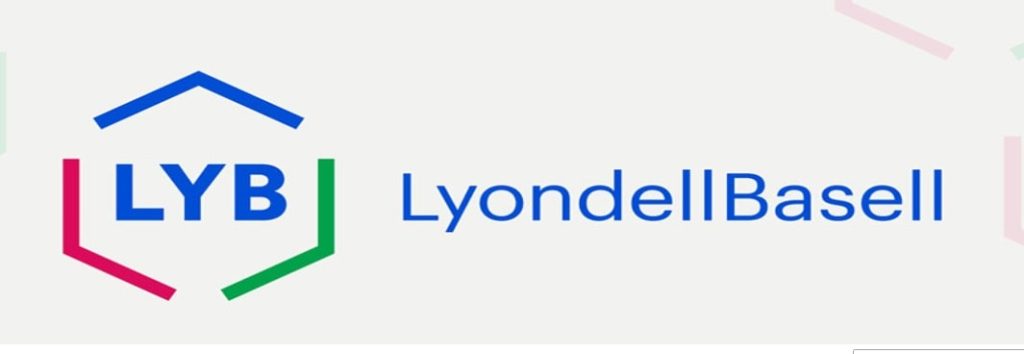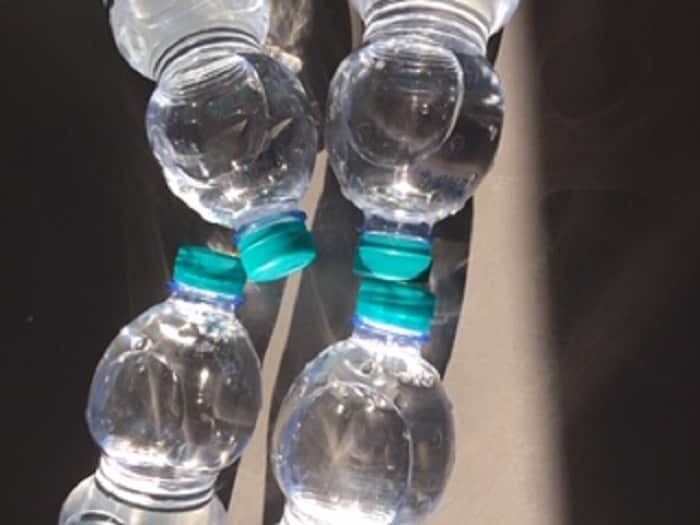PET BOTTLE – Chinese automotive giant Chery is considering opening a production plant in Italy, as announced by Vice President Charlie Zang during the Chery Global Innovation Conference 2024 in Wuhu 22-10-2024
PET BOTTLE

LYB completes acquisition of solvent-based recycling company APK
A group of employees stands inside APK AG’s factory in Merseburg, Germany, now part of LyondellBasell
- Ambition to further develop solvent-based recycling technology and bring to commercial scale
- Company secures future of employees and fosters expertise with full integration
- Plant to be transformed into post-consumer plastic waste recycling
LyondellBasell (LYB) today announced it became full owner of APK AG in Merseburg, Germany. APK will be fully integrated and continue as part of LYB, a sustainability leader in the chemical industry. PET BOTTLE
It is LYB’s ambition to further develop the company’s unique solvent-based technology for low density polyethylene (LDPE) and build commercial plants in the future. This will enable LYB to produce new high-purity materials that can be used in applications like flexible packaging for personal care products, meeting the demands of customers and brand owners.
“We are excited to complete the acquisition of solvent-based recycling technology company APK, securing the future of more than a hundred employees and adding another solution for our customers to meet their circularity ambitions and goals,” says Yvonne van der Laan, LYB executive vice president of circular and low carbon solutions. PET BOTTLE
“This technology complements our excellent mechanical recycling technology, as well as our proprietary advanced recycling technology. We see this as a crucial addition to our portfolio on our journey to a circular economy, helping end plastic waste.”

Antidumping Duties Imposed on PET Resin from China
The Korean government has imposed antidumping duties of 7.00% to 7.98% on polyethylene terephthalate (PET) resin imports from China. This decision, made by the Trade Committee of the Ministry of Trade, Industry, and Energy (MOTIE) on October 17, follows a complaint by TK Chemical, which claimed that Chinese companies were selling PET resin at unfairly low prices, harming the Korean PET industry. The duties will remain in effect for five years. PET BOTTLE
Additionally, a preliminary ruling in another investigation found a link between low-priced cold-rolled stainless steel imports from Vietnam and damage to Korean steelmakers. As a result, provisional antidumping duties of 3.66% to 11.37% were recommended for these imports during the investigation period.
Further antidumping investigations are underway, including one on hot-rolled carbon and alloy steel plates from China and another involving oriented polypropylene (OPP) film imports from China, Indonesia, and Thailand. The OPP film case is expected to conclude in February 2025 after thorough inspections. PET BOTTLE
In an unrelated case, a trade secret dispute regarding body composition analysis devices filed by Korean company Osteosys was dismissed, as no infringement was found. The committee continues to monitor such issues to safeguard Korean industries from unfair trade practices.

Chinese automotive giant Chery is considering opening a production plant in Italy, as announced by Vice President Charlie Zang during the Chery Global Innovation Conference 2024 in Wuhu

Mechanical Recycling Process: An Alternative for CF/PA6 Composite Waste from the Automotive Industry
The amount of waste generated by the automotive industry from carbon-fiber-reinforced thermoplastic (CFRTP) has been increasing every year due to the rising demand for these materials, as they lead to weight reduction and improved vehicle performance.
Carbon-fiber-reinforced polyamide 6 (CF/PA6) is a thermoplastic matrix composite utilized in this sector, typically fabricated through lamination followed by part cutting.
This manufacturing process generates waste with high mechanical properties and comes at a high cost. In this work, we suggest a simple and efficient method to recycle this waste. The waste from CF/PA6 composites was cut into small squares of various sizes and dried in an oven. PET BOTTLE
Laminates measuring 300 × 300 mm were then prepared by randomly arranging the waste in an aluminum mold and subjected to hot compression. Laminates with varying proportions of neat PA6 were also prepared.
Standardized specimens were cut using a CNC router cutting machine following processing and subsequently inspected via ultrasound. The recycled laminates were characterized by various mechanical properties, including Charpy impact strength, three-point flexural strength, interlaminar shear strength (ILSS), and Shore D hardness.
Thermal properties were evaluated through differential scanning calorimetry, thermogravimetric analysis, Vicat softening temperature (VST), and heat deflection temperature (HDT). PET BOTTLE
Morphological characteristics were analyzed via fractography of specimens post-impact test using scanning electron microscopy.

Towards a sustainable and circular economy
In a circular economy, we will use as few resources possible. These we will reuse again and again; in so doing, we will postpone mining new resources as long as possible, we might even prevent this from happening. The Netherlands have formulated the goal to be entirely circular by 2050. But this is a far-stretched goal. Globally, less than 9% of the economy is circular. PET BOTTLE
Utrecht University’s Marta Jiménez listed the results and dilemmas .
Unsustainable practices
Just an example. The production of a plastic water bottle requires three times as much water as it will contain; and enough fossil oil to fill one quarter of the bottle. And then, the bottle will travel as much as 15,000 km before we can take hold of it. And probably, the bottle will not be recycled. It will end up in the bin, and in the most positive case, it will be burned.
For many years now, we discuss world-wide the restriction of global temperature rise to 1.5oC. But reality is different. A circular economy isn’t ecologically sustainable, says Kieran Campbell-Johnston. Each year, we use more instead of less resources. Reuse isn’t well-developed. If we continue to act along this path, we could end up with a global temperature rise of 3 to 6 degrees. PET BOTTLE
Why don’t we act differently? For instance, by filling up again used bottles – instead of buying new ones? But there is a fly in the ointment. For if we remake glass bottles, this will require much more energy than we will need for plastic throw-away bottles. Therefore, a circular economy isn’t by definition better than a once-through economy. And if we act in a circular way, we need to know that the result that the result is sustainable.

PET BOTTLE
